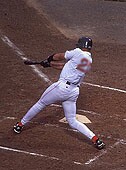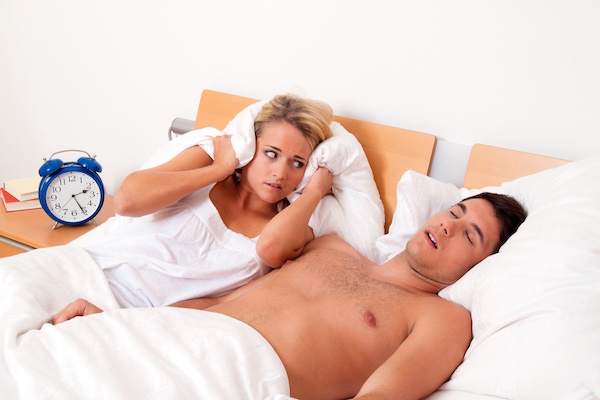
MONDAY, June 13 (HealthDay News) — A batter’s best chance of hitting it out of the park may depend on the time of the game, and whether or not that batter is a morning person or a night owl.
New research on Major League Baseball players suggests that morning types connect with the ball more often when the game starts before 2 p.m., while night owls are at their peak hitting performance when the game’s start time is after 8 p.m.
Overall, night owls seemed better able to adapt to hitting at times other than their peak, the study authors found.
“Sleep matters. Paying attention to sleep and the variables surrounding your sleep do affect your performance. Coaches should pay attention, and may want to select their batters based on their sleep chronotype and the time of the game,” said study author Dr. W. Christopher Winter, medical director of the Martha Jefferson Hospital Sleep Medicine Center in Charlottesville, Va.
In addition, he said, “Coaches could start looking at players based on their chronotype during drafts. Someone who’s a night owl might be better able to adapt. Night owls tend to do OK in either situation, but morning people really suffer at night.”
Chronotype refers to someone’s inherent preference for day or night time. For example, people with a morning chronotype are at their best in the morning.
Results of the study are scheduled to be presented Monday at SLEEP 2011, in Minneapolis.
The study included 16 professional baseball players from seven Major League Baseball (MLB) teams, including the Houston Astros, Los Angeles Angels, Los Angeles Dodgers, Pittsburgh Pirates, St. Louis Cardinals, San Francisco Giants and Toronto Blue Jays. The players’ average age was 29.
To assess whether someone was a morning or evening type, the researchers gave each player a modified Morningness-Eveningness Questionnaire. The questionnaire included questions such as, if you had a significant amount of physical labor to do, what time would you be at your best? Or, if you could pick your own schedule, what time would you like to work?
Nine of the players were identified as evening types and seven were morning people.
Using statistics from the 2009 and 2010 seasons, the researchers were able to include 2,149 innings from early games, 4,550 from midday games and 750 innings from late games.
Players who were morning types had a higher batting average (.267) than night owls (.259) when games started before 2 p.m. In games that started between 2 p.m. and 7:59 p.m., those morning folks lost their batting edge and their average slipped to .252, while the night owls improved slightly to .261, according to the study.
The biggest difference was in the late-start games, when night owls had a .306 batting average compared to the morning larks’ average of .252.
Last year, Winter presented a study at SLEEP 2010 that looked at how baseball pitchers performed based on sleep type. And, as with batters, Winter and his colleagues found that sleep type and game start times did make a difference. But, in the case of pitchers, morning types performed better overall than night owls, according to Winter.
Winter pointed out that the current study is small in size, and the researchers are currently working on a significantly larger study. They’ve recruited about 300 players so far for the next phase of research.
“This is a pretty interesting concept. Humans naturally have circadian rhythms, and it makes sense that these rhythms could potentially be affecting sports performance,” said Dr. Alexis Colvin, an assistant professor of sports medicine and an orthopedic surgeon at Mt. Sinai Hospital in New York City.
And, she added, this could apply to a lot of professional sports. “In tennis, sometimes they have bigger matches in the evenings. Football and basketball aren’t really played in the mornings,” she noted.
Colvin also said it was difficult to extrapolate much from this study because so few people were included. But, she added, if in a larger trial, the results are similar, there could be implications for regular folks, too.
“When you schedule your workouts, most people say do it in the morning or you’ll never get it done. But, some people might get more benefit if they did it later in the day,” said Colvin.
Because the study is slated to be presented in a meeting, the findings should be considered preliminary until published in a peer-reviewed journal.
More information
Learn more about the effects of shift work from the National Sleep Foundation.

